Your small contribution will save poor lives and provide food, education and health
Community Projects
Empowering communities through education, healthcare, rural development, childcare, groundwater improvement, women's empowerment, biodiversity, and sustainable development.
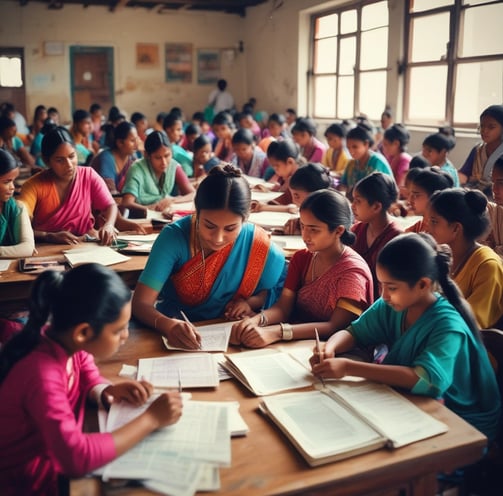

Women's Empowerment
Promoting gender equality and providing resources for women's growth and independence.
In today's world, the pursuit of gender equality remains a vital and pressing challenge. Women across the globe continue to face disparities in various aspects of life, including education, employment, healthcare, and political representation. Promoting gender equality is not only a moral imperative but also an essential factor for achieving sustainable development and social progress. To foster an environment conducive to women's independence and empowerment, a multifaceted approach is necessary. Understanding Gender Equality,The Importance of Women's Growth and Independence
Key Areas for Promoting Gender Equality
Education, Employment, Healthcare, Political Participation, Civic Engagement and Advocacy, Resources for Women's Growth and Independence
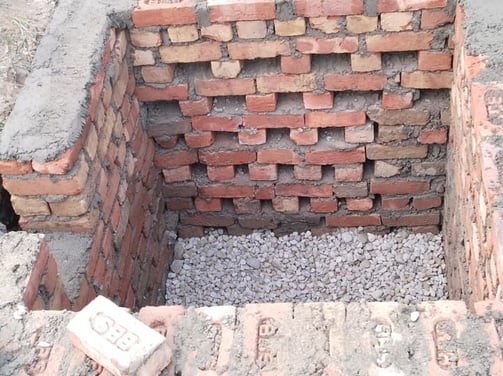

Watershed
Watershed programs play a crucial role in managing rainwater effectively to enhance groundwater supplies, especially in regions facing water scarcity. With climate change posing significant challenges to water resources, implementing these programs is becoming increasingly vital. By focusing on sustainable practices and community engagement, watershed programs can rejuvenate local ecosystems, reduce flooding, and secure groundwater for future generations.
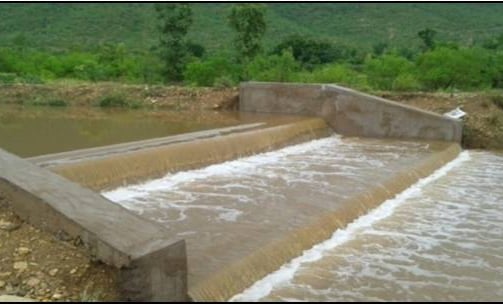

Groundwater recharge is a critical process that sustains the aquifers supplying drinking water, irrigation, and industrial uses across many regions. However, with the increasing pressure of urbanization, agricultural expansion, and climate change, the replenishment of these vital water sources faces significant challenges. One notable issue that has arisen in recent years is the phenomenon of failed borewells, which can significantly impact groundwater recharge efforts. A borewell, or borehole, is a narrow shaft bored into the ground, typically used to access groundwater. While these wells are essential for extracting water, their failure can have a detrimental effect on the surrounding environment. A borewell may fail for a variety of reasons, including geological complications, poor construction practices, or insufficient water levels. When borewells fail, not only does the immediate need for water become compromised, but the broader implications for groundwater recharge are profound
Groundwater Recharge
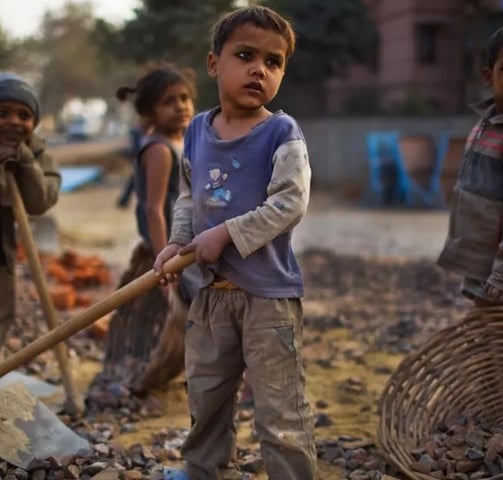

Save the Children
In a world where countless children find themselves navigating the harsh realities of life on the streets, we must unite to provide hope and support. Each child, whether orphaned or abandoned, deserves a chance to thrive and flourish in a safe and nurturing environment. It is our moral imperative to step forward and make a difference by saving street children and orphans, ensuring they have access to the necessities of life: food and shelter. Street children often face unimaginable hardships. Many live in perilous conditions, struggling daily to find enough food to sustain themselves. They are vulnerable to exploitation, violence, and despair. By coming together to provide immediate assistance, we can offer them not just sustenance, but also a sense of security. Establishing safe shelters equipped with adequate food supplies can be the first step towards transforming their lives. Food is not merely a means of survival; it is a fundamental right that plays a crucial role in a child’s development. Nutritional meals help to foster physical strength and mental well-being. By offering regular meal programs, we can nourish their bodies and minds, enabling them to dream of a brighter future. Furthermore, teaching children about nutrition empowers them with knowledge that can sustain them throughout their lives.
The Vajravarahi Welfare Foundation is a non-profit social development organization registered under the Indian Trust Act. Headquartered in Bengaluru, the organization plays a crucial role in uplifting underprivileged communities.
Sustainability
Development
contact@vajravarahifoundation.org
+919620646335
© 2025. All rights reserved.

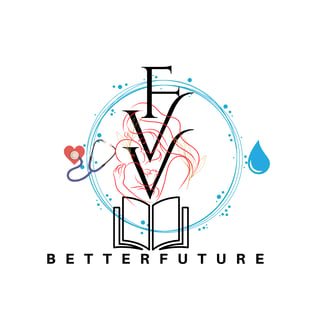
About Us
About Us
Our Vision and Mission
Inspiration – The story of Hope
Board of Trustees
Tax exemption donation faqs
Term’s and Conditions
Our Work
Our Work
Feeding For Education
Mid-Day Meal
Relief feeding
Research & Advocacy
Beyond Meals
Donate
Online donations
Sponsor a School
Sponsor a kitchen
Get IN Touch
Contact Us
Get Involved
